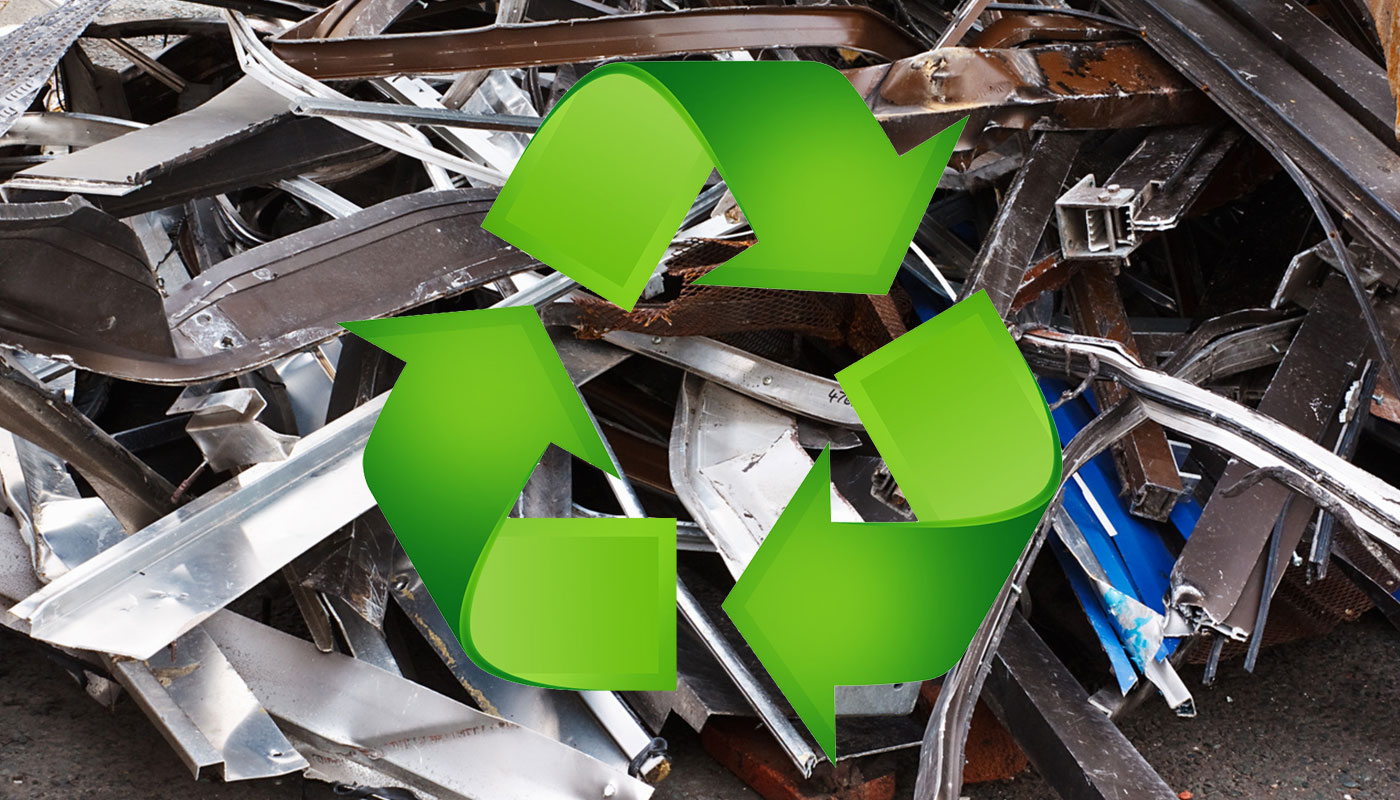
Recycling scrap metal is not just an environmental duty but also a practical way to manage waste and conserve resources. Every home in Bristol is a potential treasure trove of recyclable materials, many of which are often overlooked.
From kitchen utensils and old appliances to electronics and garden tools, common household items contain valuable metals that can be transformed into new products. This process not only reduces the strain on landfills but also minimizes the need to extract raw materials, thereby saving energy and reducing pollution.
Understanding the types of metals in these everyday items is key. Metals like aluminum, copper, and steel are prevalent in various forms around the house and hold significant recycling value. By identifying and properly preparing these items for recycling, homeowners in Bristol can contribute to a sustainable future and even generate some extra income.
This guide will explore the myriad of household items that are perfect candidates for “Scrap Metal Recycling Bristol,” offering insights on how to sort, clean, and recycle them effectively. Let’s dive into the world of scrap metal recycling and turn your household clutter into eco-friendly assets.
Table of Contents
Scrap Metal in Household Items
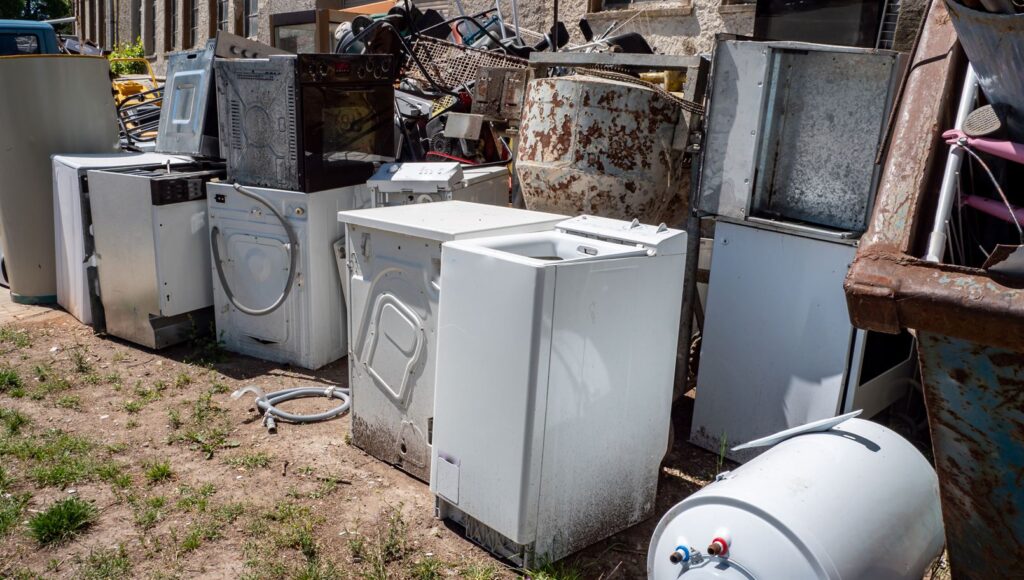
Source: jarvismetal.co.uk
Before identifying specific items, it’s crucial to understand that scrap metal falls into two categories: ferrous and non-ferrous. Ferrous metals contain iron, are typically magnetic, and include steel and iron. These metals are commonly found in many everyday items and are particularly prevalent in construction materials and larger home appliances.
Non-ferrous metals, such as copper, aluminum, brass, and stainless steel, do not contain iron and are not magnetic. They are often more valuable in recycling because of their use in more specialized applications, including electrical wiring and decorative fixtures.
Types of Metals and Their Common Sources
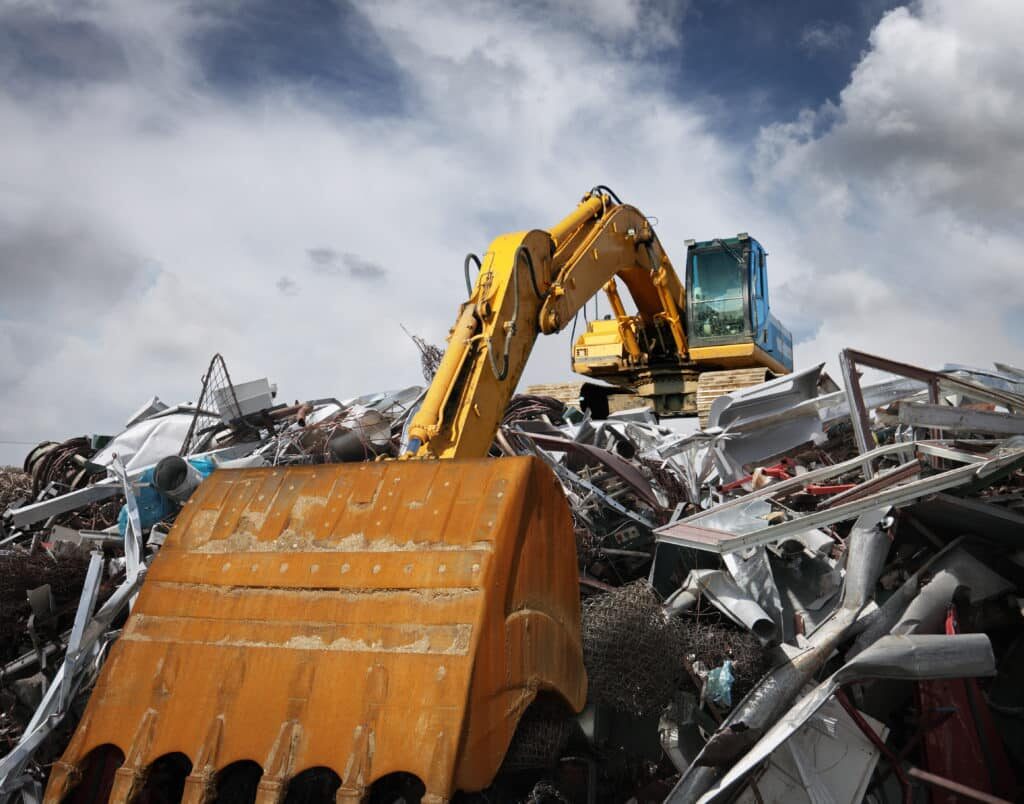
Source: scrapware.com
Ferrous Metals
Found in: appliances like refrigerators, ovens, and dishwashers. These items are often bulky and heavy due to their high ferrous metal content, making them a significant source of recyclable material. The presence of ferrous metals also means they can be easily sorted with a magnet, simplifying the recycling process.
Non-Ferrous Metals
- Copper: Found in plumbing pipes, electrical wires. This metal is highly prized in recycling for its conductivity and is commonly used in high quantities in residential and commercial buildings.
- Aluminum: Common in soda cans, foil, and some kitchen utensils. Lightweight and resistant to corrosion, aluminum is ideal for products requiring a combination of these properties.
- Brass: Often used in fixtures like faucets, door handles, and light fixtures. Its resistance to tarnishing makes it popular for decorative and practical applications in homes.
- Stainless Steel: Typically seen in kitchen appliances, cutlery, and cookware. Known for its corrosion resistance and strength, stainless steel is an essential material in household kitchens and medical environments.
Items You Can Recycle
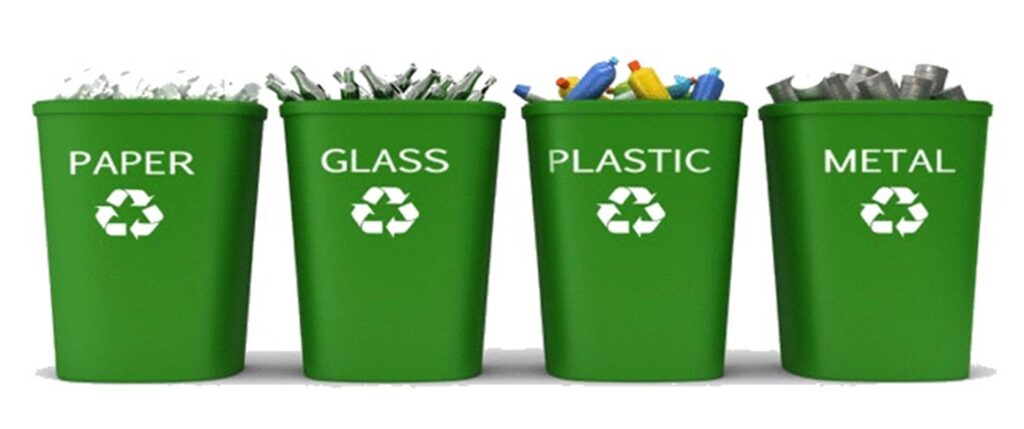
Source: newportbeachvacationproperties.com
Kitchen Items
- Aluminum Cans: One of the most recycled items, aluminum cans are highly sought after. They are endlessly recyclable, contributing significantly to reducing the need for virgin materials.
- Pots and Pans: Often made from aluminum or stainless steel, old or damaged pots and pans can be recycled. This helps conserve natural resources and reduces the energy used in metal production.
- Utensils: Metal utensils are usually made of stainless steel or aluminum. They can be melted down and remade into new products, showcasing the sustainability of metal recycling.
Appliances
- Refrigerators: Contain steel and sometimes copper tubing. They are a crucial source of scrap metal due to their size and the variety of metals they contain.
- Washing Machines and Dryers: Mostly constructed from steel. These common household appliances are bulky and provide a substantial amount of metal that can be repurposed.
- Ovens and Ranges: Large amounts of steel and iron. Their size and metal content make them valuable items for scrap metal recyclers.
Electronics
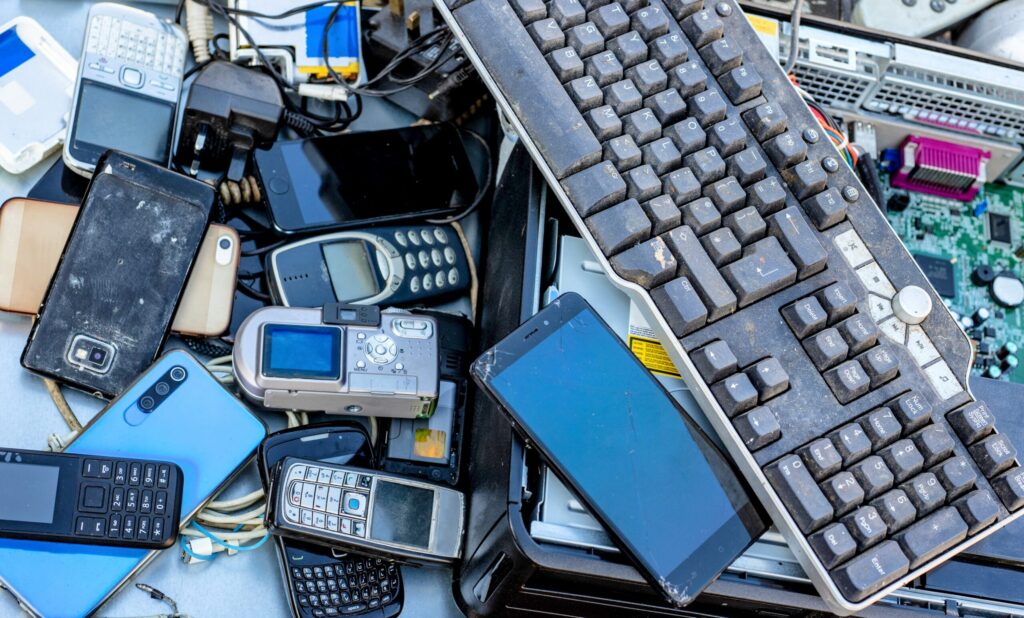
Source: earth.com
- Old Computers: Contain copper and aluminum in their circuit boards and wiring. These metals are essential for conducting electricity and can be recovered and reused.
- Mobile Phones: Small quantities of copper, gold, and other precious metals. Despite their small size, the metals in mobile phones are highly valuable for recycling.
- Cables and Wires: Copper is a common material in electrical wires. Due to its excellent conductivity, recycled copper is in high demand for new manufacturing.
Plumbing and Construction Materials
- Pipes and Fittings: Older or replaced plumbing materials are often copper or brass. These materials are valuable and can be recycled without degradation of their properties.
- Nails and Screws: Typically made from steel, these can be recycled when collected in bulk. Although small, the cumulative weight of these items can be considerable.
Outdoor and Garden Items
- Garden Tools: Tools such as hoes, shovels, and rakes often contain steel. They are frequently replaced and can be a significant source of ferrous metal.
- Patio Furniture: Metal frames are usually aluminum or steel. Outdoor furniture often weathers over time and can be recycled instead of thrown away.
Preparing Items for Recycling

Source: sofi.com
To ensure you recycle effectively and safely, follow these tips:
Remove Non-Metal Components
For appliances and electronics, remove any plastic or rubber parts if possible. This step is crucial to ensure the purity of the metal, which can influence its resale value and recyclability.
Clean the Items
Remove any contaminants like food, dirt, or insulation from pipes. Clean metal fetches a higher price and is easier to process.
Separate Metals
If possible, separate ferrous from non-ferrous metals to increase their value at the scrap yard. Separation can lead to better pricing and more efficient recycling processes.
In Summary
Recycling scrap metal from common household items is a practical step towards sustainability. Many everyday objects, from aluminum cans and old cookware to defunct appliances and electronics, contain valuable metals like copper, aluminum, and steel. These materials can be recycled repeatedly without losing their properties, reducing the need for raw extraction and lessening environmental impact.
Residents of Bristol can participate in this practice to help conserve natural resources and potentially earn some extra money. By sorting, cleaning, and preparing metal items for recycling, everyone can contribute to a cleaner and more sustainable community.







